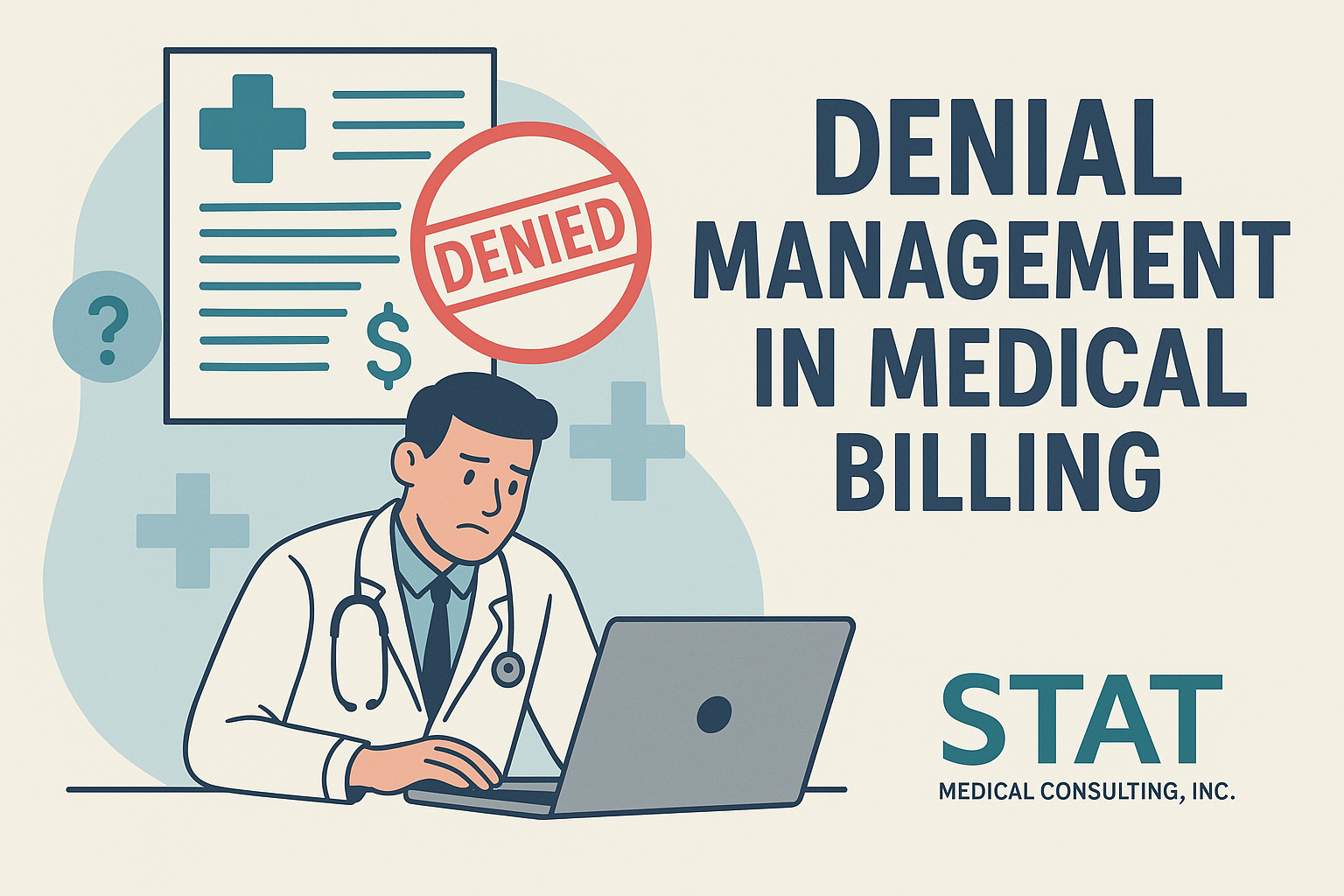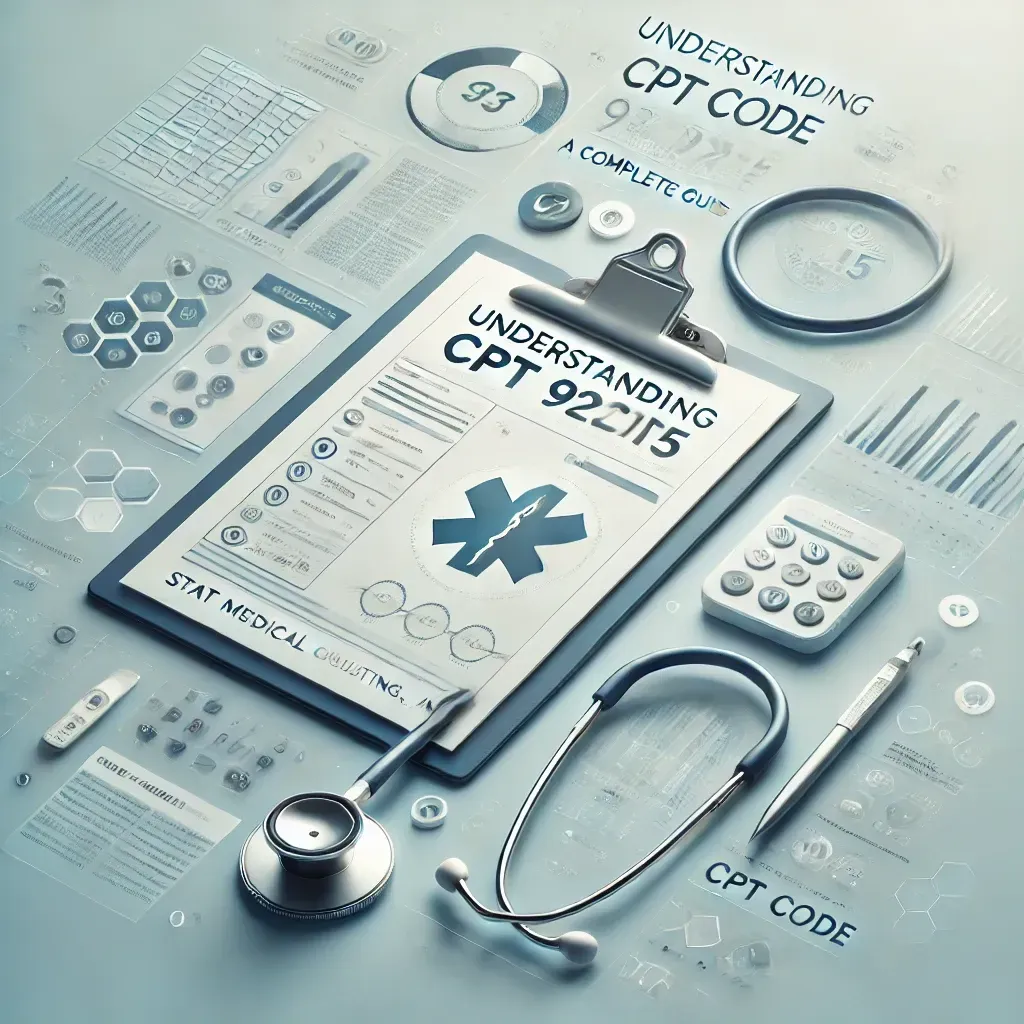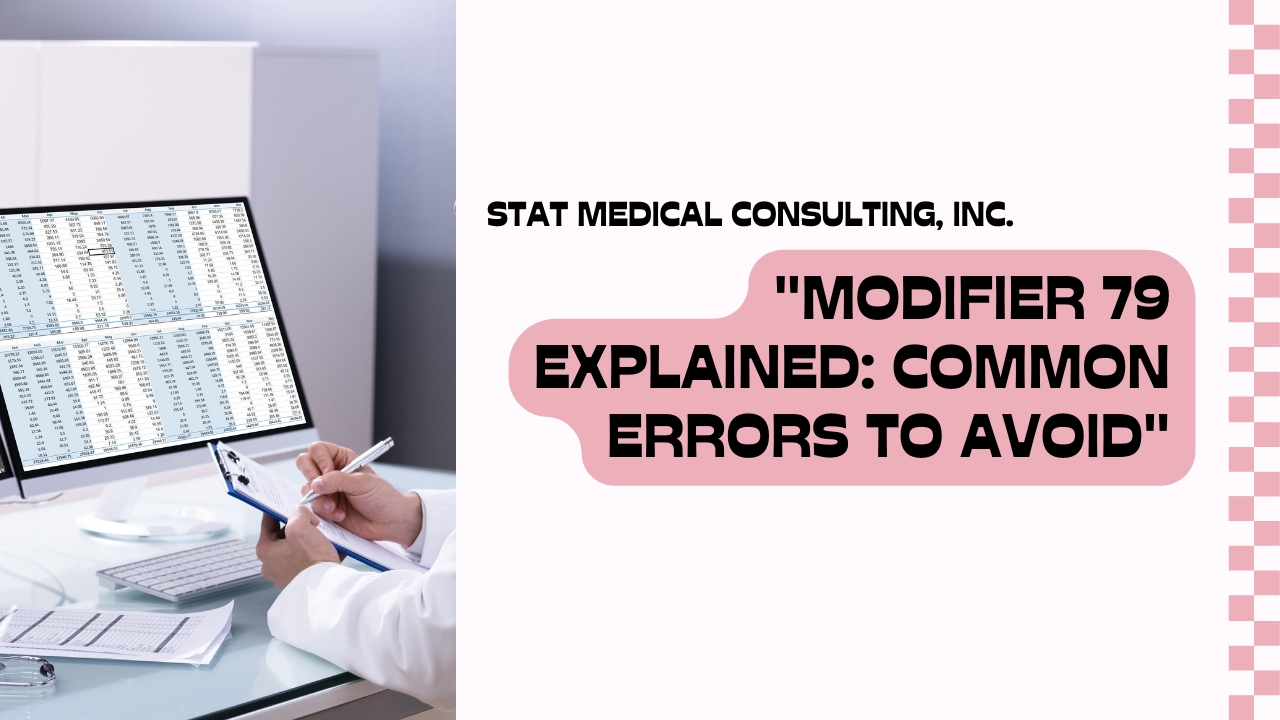TEL: (818) 907-7828 | EMAIL: sharon@statmedical.net
What is administrative data?
Significance and Components of Administrative Data
What is administrative data?
Administrative data is the data that is produced as a result of the routine tasks and operations conducted by organizations, firms, government departments, and other entities. It includes information that is systematically collected and maintained during the regular functioning of these entities to support their administrative and operational needs.
This type of data is not typically collected for research purposes but rather serves internal functions such as record-keeping, management, and decision-making. Examples include healthcare records, educational enrollment data, government tax records, business financial transactions, and human resources information.
What is healthcare administrative data?
Healthcare administrative data refers to information collected and maintained by healthcare organizations, institutions, or government agencies to manage the administrative and financial aspects of healthcare services.
Healthcare administrative data usually consists of 6 different types.
Patient Registration and Insurance Data:
Personal information, demographics, insurance coverage details, and policy information.
Billing, Claims, and Financial Data:
Information on medical services, associated costs, billing statements, insurance claims, payments, and financial transactions.
Appointment Scheduling and Provider/Facility Information:
Data on patient appointments, healthcare providers, and facilities.
Healthcare Service Codes and EHR:
Codes for services, procedures, and diagnoses, along with electronic health record (EHR) data.
Regulatory Compliance, Quality Metrics, and Reporting:
Data ensuring compliance, quality metrics, and reporting for audits.
Credentialing and Licensing:
Information on healthcare professionals' credentials and licenses.
How to Leverage Administrative Data?
Administrative data might be leveraged in optimizing the growth of organizations, businesses, and firms. It serves as a tool to determine the effectiveness of implemented strategies and determine if they are aligned with the set goals. Take, for instance, a healthcare organization aiming to surpass its patient numbers. Administrative data becomes handy in this scenario. Through a meticulous examination of patient figures and comparisons with historical data, one can precisely evaluate the success of the strategies in place. Similarly, in any organization, administrative data is instrumental in determining the results of implemented strategies. It is beneficial not only for assessing whether a strategy is yielding positive results but also for the financial aspect of the organization.
Conclusion:
In conclusion, administrative data serves as a compass for organizations, providing crucial insights into their operational health and progress toward goals. By harnessing the power of this data, organizations can make informed decisions, identify areas for improvement, and ensure that their strategies align with overarching objectives


Address:
Stat Medical Consulting, Inc
22801 Ventura Boulevard, Suite 211, Woodland Hills, CA 91364
Email: sharon@statmedical.net
Phone:
818-907-7828

Stat Medical Consulting, Inc








